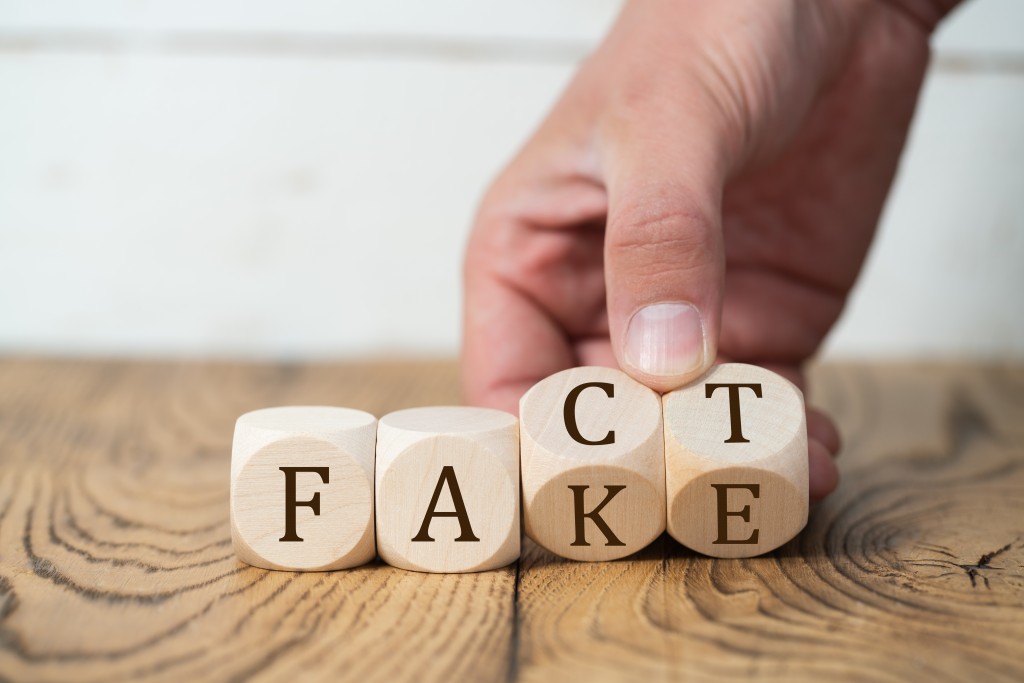Imagine you’re working for a credit scoring company and you’re using alternative data credit scoring to evaluate a person’s eligibility for a loan but you used the wrong data? It’ll end up in a disaster, right?
Now translate that concept into news and media. Have you noticed that as the days go by, more and more fake news are going viral on social media? These types of material that are crazily circulating over the internet have been the cause of so much division and hate in the world today. And you’re wondering why the world is full of hateful people today.
Sometimes, these types of news are intended as satire but, unfortunately, people have different standards when it comes to a sense of humor. What was intended as a harmless joke can spread worse than a California wildfire and cause even greater damage.
The Harms That Fake News and False Information Bring
A lot of people don’t know any better. Many important political and social issues have created quite a confusion and misunderstanding because many people cannot easily tell which news is real and which ones are fake.
It affects a person’s performance at work and in school. Let’s say you’re working on a paper for school and you used a bogus website containing inaccurate information, your grades will be negatively affected by it. It’s the same at the workplace, especially if your line of work deals with a lot of data and information gathering.
It affects one’s health. A lot of articles, videos, and ads are all over the internet now claiming to have the solution or cure to certain kinds of diseases and illnesses. If you believe one of them and followed whatever advice they gave, you may have just seriously compromised your health and well-being by putting your trust in something without first validating it with industry experts and professionals.
The proliferation of fake news makes it harder for people to clearly identify the truth. Lastly, with so much false information on the internet pretending to be legitimate and authentic material, people now find it hard to identify what the truth really is.
Simply put, fake news and false information has wreaked havoc all over the world. It’s time to put a stop to it.
How to Avoid Spreading Fake News and False Information

-
Before you click, don’t click.
In language proficiency training for non-native English speakers, one of the rules implemented in some classes is before you speak, don’t speak. This gives you time to organize your thoughts and outline what you need to say so that you can clearly communicate your thoughts.
Similarly, when it comes to fighting the spread of false information, catch yourself before you click on the share button. A lot of people share on impulse just because a certain article, video, or link elicited a very strong emotional response from them. So think before you click.
-
Check the comments section.
If you’re browsing through your newsfeed and happened upon a very interesting material that you deem share-worthy, go through the comments section first to see how the interaction is going. Most of the time, the commenters and interactors will validate whether the said material is true or not.
-
Do your own research.
If you’re in doubt over a certain material that you read or watched online, do some fact-checking on your own. We’re in the digital age. Research is easy now. You just need to type in a few words on Google and you’re already met with answers to your questions or concerns.
Even if you’ve already browsed through hundreds — or even thousands — of comments and replies on a viral video, it doesn’t hurt to validate things for yourself with a few clicks on your keyboard. And when you do use a search engine in your pursuit of the truth, don’t forget to also check the legitimacy of your source. Always go for the source that shows the least human bias as possible.
For instance, some politicians and government officials label something as fake news because it contradicts certain narratives they want to propel. Understand that context and then decide on the best course of action.
-
Ask for the source.
Ask the person who posted the material for links to the original sources so you can verify the information. Remember that while it’s now easy to do research online nowadays, it’s also easy to manufacture false but authentic-looking websites. Check out this article to help you find ways to judge the value and validity of a news story.
While the prevention of the spread of fake news should be a collaborative effort between the government, news industries, social media platforms, tech companies, and the individual. But it should start with you. Stop being an involuntary party to the spread of fake news. Do your due diligence. Think before you click and validate whatever it is you want to share. When in doubt, show yourself out.

